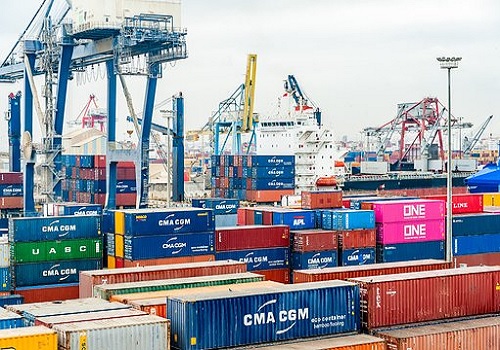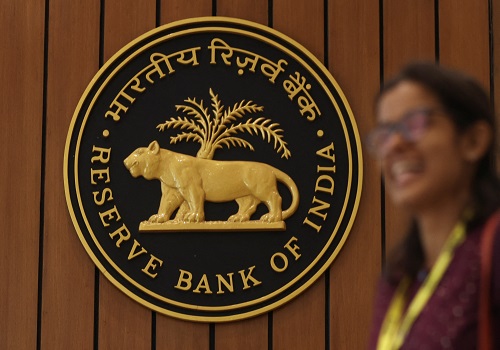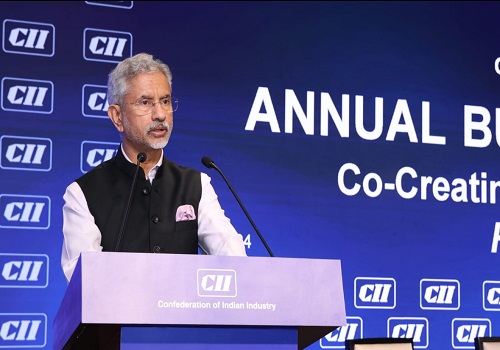India should not agree to take binding commitments on free cross-border data flows under IPEF: GTRI

Follow us Now on Telegram ! Get daily 10 - 12 important updates on Business, Finance and Investment. Join our Telegram Channel
Global Trade Research Initiative (GTRI) has said that India should not agree to take binding commitments on free cross-border data flows under the Indo-Pacific Economic Framework (IPEF), a 14-member grouping, as the move would lock its policy space. The IPEF was launched jointly by the US and other partner countries of the Indo-Pacific region on May 23 in Tokyo. The 14 IPEF partners represent 40 per cent of global GDP and 28 per cent of global goods and services trade. The framework is structured around four pillars relating to trade, supply chains, clean economy, and fair economy (issues like tax and anti-corruption). India has joined all the pillars except the trade one.
GTRI stated that India has not joined the IPEF trade pillar which includes taking onerous commitments on digital trade. India should never agree to binding commitments on free cross-border data flows as it will lock in the future. It added that taking the commitments under the World Trade Organisation's (WTO) Information Technology Agreement (ITA - 1) has impacted domestic manufacturing of electronic hardware. It also said that India should retain flexibility to share data with Indian firms and not big tech companies with a view to promote domestic enterprise.
It further said India had long ago foreseen potential challenges with unregulated digital trade and thus refrained from participating in the WTO e-commerce negotiations and has a conservative stand in FTAs. Suggesting not to adopt the US standards on artificial intelligence, it said India should also not agree to no tax on services offered online as the government is going to earn significant revenue with most services shifting online.












 320-x-100_uti_gold.jpg" alt="Advertisement">
320-x-100_uti_gold.jpg" alt="Advertisement">









